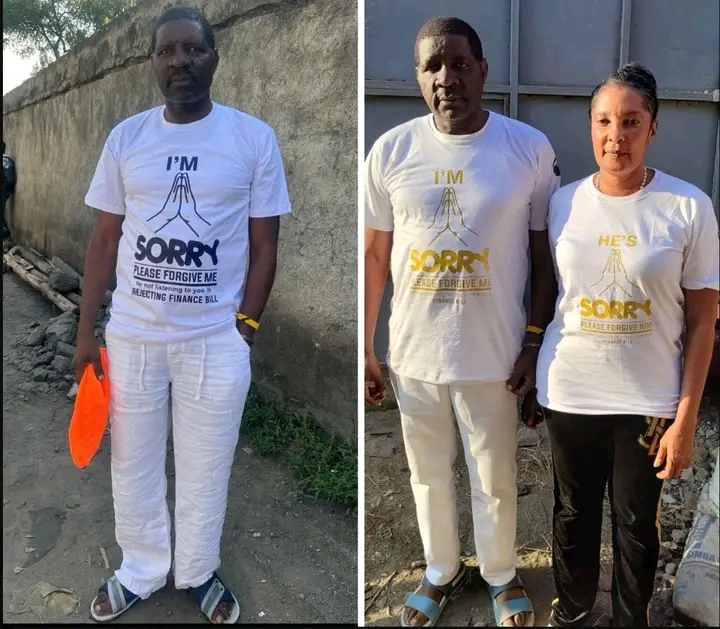
Youths in Kimilili Constituency have intensified their protests against MP Didymus Barasa, disrupting his public meeting recently.
Currently, it’s believed that nearly 75% of MPs are unable to stay at their residences and have relocated to hotels. Many are unable to meet with their constituents due to widespread public dissatisfaction.
They are perceived as failing to truly represent the people who elected them into those positions.
This unrest comes in the wake of widespread public outrage following the passage of a contentious finance bill in Parliament.
The bill, which imposes what many Kenyans view as punitive taxes, has sparked a wave of discontent across the country, particularly targeting MPs who voted in favor of it.
MP Didymus Barasa, after voting in support of the bill, faced a hostile reception from constituents during his attempt to reconnect with them publicly.Video footage shared on social media captured the moment when irate youths interrupted his address, expressing their displeasure vocally and through disruptive actions.
Fearless Youths During The Meeting At Kimilili
Some even went to the extent of vandalizing the perimeter walls of his residence, reflecting the intensity of public anger towards him and other supportive MPs.
Suspecious Youths Demolishing Perimeter Wall
The repercussions have been severe for many legislators, with reports indicating that a significant number now fear for their safety.
As tensions escalate, nearly three-quarters of MPs are reportedly unable to sleep in their homes, opting instead to stay in hotels out of concern for their security.
The disconnect between MPs and their constituents has deepened, with many lawmakers feeling they can no longer freely interact with the public due to growing resentment.
In response to the public outcry, Deputy President Rigathi Gachagua has urged forgiveness for MPs who supported the bill, acknowledging the gravity of the backlash they are facing.
This plea comes amidst a broader call for accountability and transparency in governance, with citizens demanding that their elected representatives prioritize their interests over partisan agendas.
The rejection of the finance bill by President William Ruto has added another layer of complexity to the situation, overturning Parliament’s earlier decision and underscoring the contentious nature of the legislation.
The divide between MPs aligned with the Kenya Kwanza faction, who predominantly supported the bill, and those from Azimio la Umoja, who largely opposed it, reflects broader political divisions within the country.
Despite the turmoil, some MPs have begun publicly apologizing to their constituents, pledging to work in their favor moving forward.

Shared Photo: Showing Nakuru town East MP David Gikaria and wife asking forgiveness for Voting Yes via printed Tshirts
This shift in tone underscores the pressure lawmakers are under to mend fences with the public and rebuild trust.
The ongoing protests and disruptions serve as a stark reminder of the consequences faced by politicians who appear to prioritize legislative decisions over the will of the electorate.
As the situation evolves, the fallout from the finance bill continues to reverberate throughout Kenya’s political landscape, highlighting the precarious balance MPs must strike between legislative responsibilities and public accountability.
The coming months will be critical in determining whether these rifts can be healed and whether MPs can regain the trust of the communities they were elected to represent.
